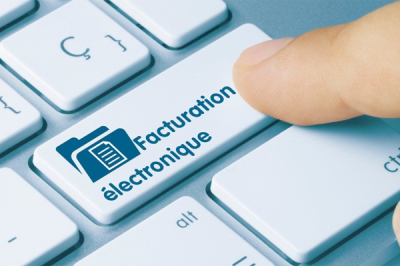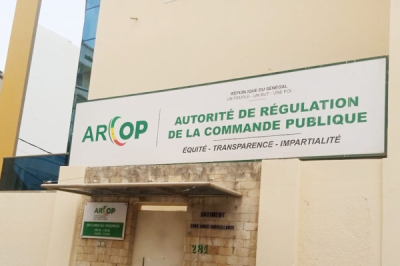-
Finance Ministry requires on-site consumption venues to use e-invoicing
-
Rollout begins in November 2025 and extends to 2028 by business type
-
Reform aims to curb tax evasion and modernize fiscal management
Tunisia’s Ministry of Finance has issued a regulation, published in the Official Journal on Tuesday, October 14, requiring certain food service and on-site consumption businesses to record all transactions through electronic invoicing. The measure seeks to digitize customer services and create a tax system based on actual revenues, in line with equity principles.
The rule applies to restaurants, cafés, tea rooms, and similar establishments offering meals or drinks for on-site consumption. It is based on Article 59 of the Income Tax Code governing individual and corporate tax obligations.
Implementation will be phased in: from November 1, 2025, for corporate entities operating in tourist venues, cafés, and tea rooms of the second and third categories; from July 1, 2026, for other corporate on-site consumption businesses; from July 1, 2027, for self-employed individuals under the real regime with monthly declarations; and from July 1, 2028, for other individuals in the same sector.
The reform aligns with Tunisia’s national digital transformation and tax modernization strategy, as tax evasion is estimated to cost about 3 billion dinars ($1 billion) annually. It follows a June directive urging companies not yet registered in the national e-invoicing system to comply.
Authorities expect the reform to enhance tax transparency, reduce underreporting, align state revenues with actual business activity, and modernize management tools for restaurant and café operators. It is also intended to promote fairer competition within the sector.



















